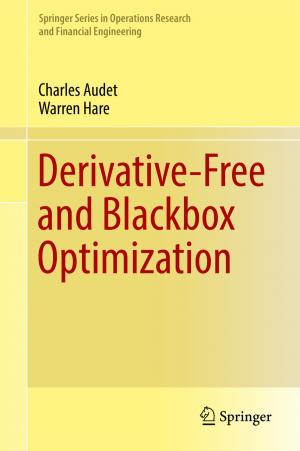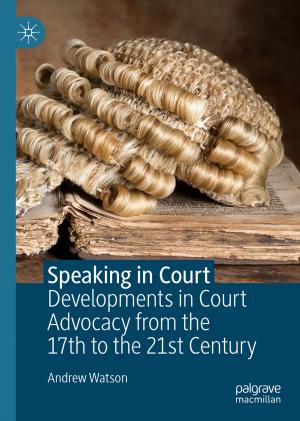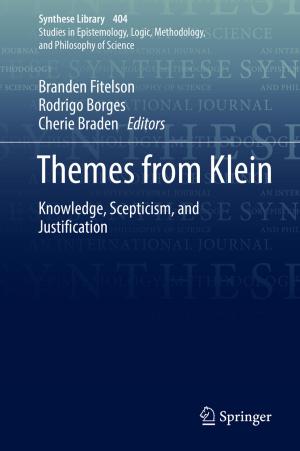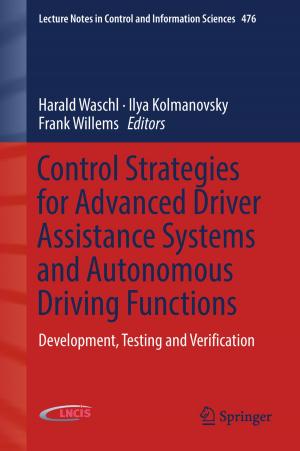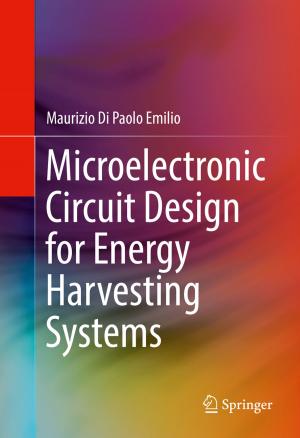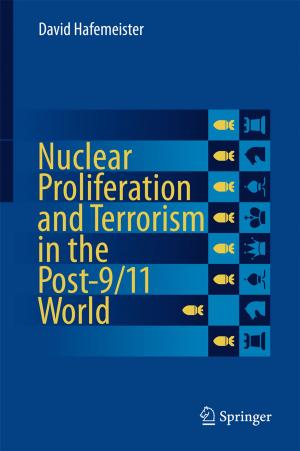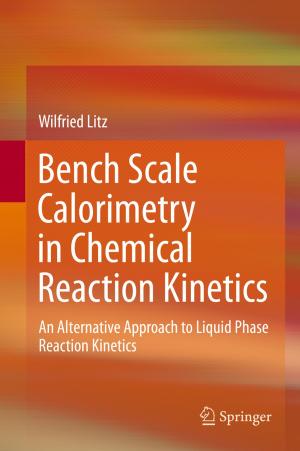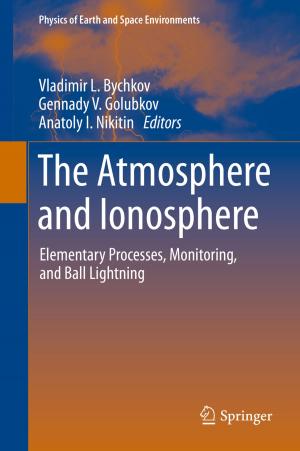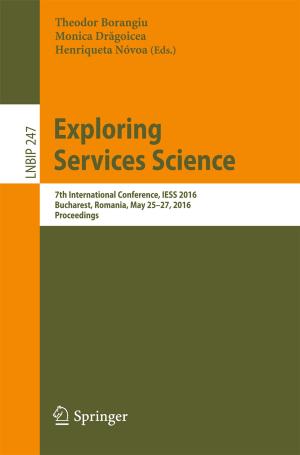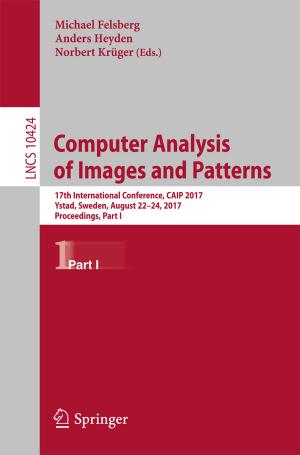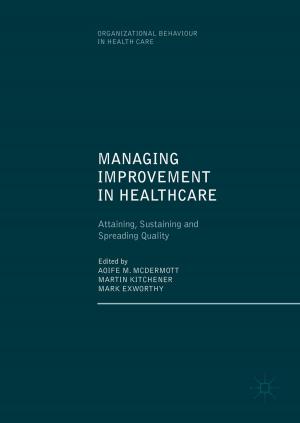Engineering Computation of Structures: The Finite Element Method
Nonfiction, Science & Nature, Mathematics, Counting & Numeration, Technology, Engineering, Mechanical| Author: | Maria Augusta Neto, Ana Amaro, Luis Roseiro, José Cirne, Rogério Leal | ISBN: | 9783319177106 |
| Publisher: | Springer International Publishing | Publication: | September 29, 2015 |
| Imprint: | Springer | Language: | English |
| Author: | Maria Augusta Neto, Ana Amaro, Luis Roseiro, José Cirne, Rogério Leal |
| ISBN: | 9783319177106 |
| Publisher: | Springer International Publishing |
| Publication: | September 29, 2015 |
| Imprint: | Springer |
| Language: | English |
This book presents theories and the main useful techniques of the Finite Element Method (FEM), with an introduction to FEM and many case studies of its use in engineering practice. It supports engineers and students to solve primarily linear problems in mechanical engineering, with a main focus on static and dynamic structural problems.
Readers of this text are encouraged to discover the proper relationship between theory and practice, within the finite element method: Practice without theory is blind, but theory without practice is sterile.
Beginning with elasticity basic concepts and the classical theories of stressed materials, the work goes on to apply the relationship between forces, displacements, stresses and strains on the process of modeling, simulating and designing engineered technical systems. Chapters discuss the finite element equations for static, eigenvalue analysis, as well as transient analyses.
Students and practitioners using commercial FEM software will find this book very helpful. It uses straightforward examples to demonstrate a complete and detailed finite element procedure, emphasizing the differences between exact and numerical procedures.
This book presents theories and the main useful techniques of the Finite Element Method (FEM), with an introduction to FEM and many case studies of its use in engineering practice. It supports engineers and students to solve primarily linear problems in mechanical engineering, with a main focus on static and dynamic structural problems.
Readers of this text are encouraged to discover the proper relationship between theory and practice, within the finite element method: Practice without theory is blind, but theory without practice is sterile.
Beginning with elasticity basic concepts and the classical theories of stressed materials, the work goes on to apply the relationship between forces, displacements, stresses and strains on the process of modeling, simulating and designing engineered technical systems. Chapters discuss the finite element equations for static, eigenvalue analysis, as well as transient analyses.
Students and practitioners using commercial FEM software will find this book very helpful. It uses straightforward examples to demonstrate a complete and detailed finite element procedure, emphasizing the differences between exact and numerical procedures.

